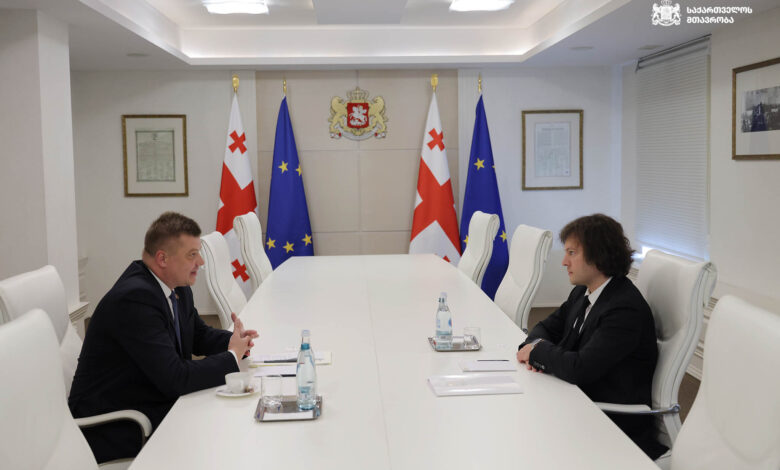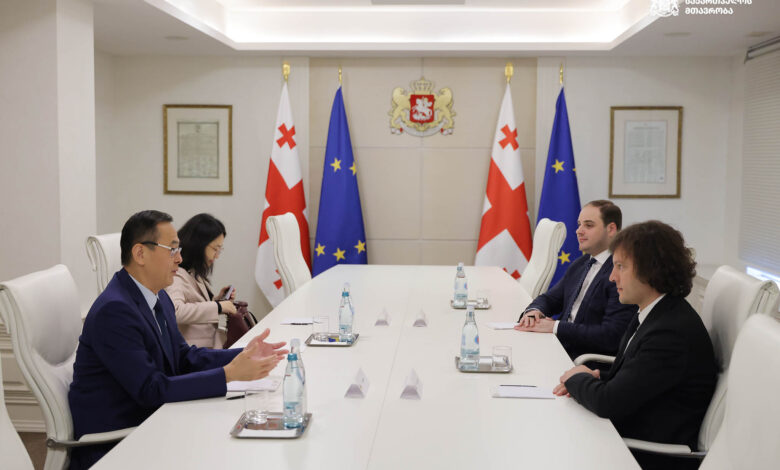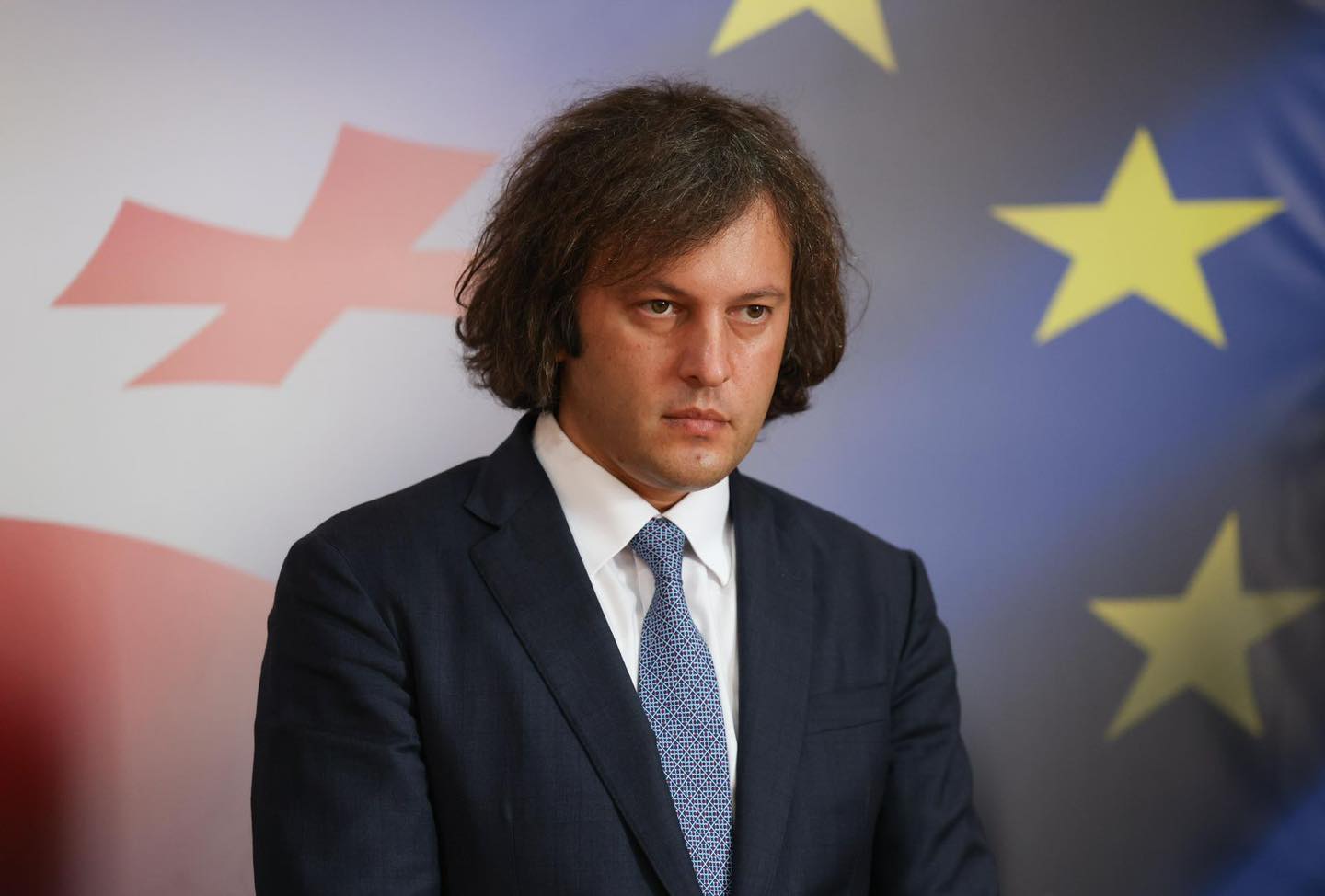Georgian Prime Minister Irakli Kobakhidze held back-to-back meetings with the ambassadors of Belarus and China on October 13, highlighting Tbilisi's accelerating pivot toward authoritarian partners as its relations with Western democracies deteriorate.
The meetings came days after Georgia's October 4 municipal elections, where the ruling Georgian Dream party swept all 64 municipalities with just 40.93% voter turnout — the lowest in years. The vote occurred amid an opposition boycott, limited credible observation, ongoing protests, and what international observers describe as a repressive political environment.
While Western partners notably withheld congratulations, authoritarian regimes quickly endorsed the results. Belarusian dictator Aleksandr Lukashenko, whose regime violently crushed pro-democracy protests in 2020, praised Kobakhidze's "confident victory."
Chinese Ambassador Zhou Qian called it a "convincing victory." Only Hungary's Viktor Orbán joined Beijing and Minsk in recognizing the results.
Troubling Belarus connection
Kobakhidze thanked Belarus for supporting Georgia's sovereignty and territorial integrity—a hollow gesture given Lukashenko's 2022 visit to Russian-occupied Abkhazia, which sparked international condemnation.
More concerning, following December 2024's violent crackdown on pro-EU protests in Tbilisi, speculation emerged that Georgian authorities sought tactical guidance from Belarusian security forces, who notoriously brutalized peaceful demonstrators during Belarus's 2020-2021 uprising.
Georgia and Belarus signed a controversial 2016 security agreement allowing cooperation on crimes against "constitutional order" — language often weaponized by authoritarian regimes against dissidents. The agreement entered into force in 2021.

China deepens engagement
The meeting with Chinese Ambassador Zhou marked their fifth since December 2024 and second in three weeks. Zhou invited Kobakhidze to Shanghai's November trade expo, further cementing the partnership.
The frequent high-level meetings signal a deliberate strategy to cultivate Beijing as a counterweight to Western pressure. China's growing presence in Georgia — from infrastructure projects to political support — mirrors patterns in other countries where democratic backsliding coincides with deepening authoritarian partnerships.

"Coup attempt" rhetoric
Georgian Dream officials have launched unprecedented attacks on Western diplomats, accusing them of interference and demanding Brussels condemn what they call a "foreign-orchestrated coup attempt" during election-day unrest on October 4.
Kobakhidze accused the West of "indirectly yet clearly" backing "overthrow and violence" — rhetoric eerily similar to that of authoritarian regimes in Russia, Belarus, and China when facing democratic criticism.
As Georgia's constitutional commitment to EU and NATO integration collides with its government's embrace of authoritarian allies, the country's democratic future hangs in the balance.




